My Share of the Task (68 page)
Read My Share of the Task Online
Authors: General Stanley McChrystal
There are few secrets to leadership. It is mostly just hard work. More than anything else it requires self-discipline. Colorful, charismatic characters often fascinate people, even soldiers. But over time, effectiveness is what counts. Those who lead most successfully do so while looking out for their followers' welfare.
Self-discipline manifests itself in countless ways. In a leader I see it as doing those things that should be done, even when they are unpleasant, inconvenient, or dangerous; and refraining from those that shouldn't, even when they are pleasant, easy, or safe. The same discipline that causes a young lieutenant to check his soldier's feet for blisters or trench foot, will also carry him across a bullet-swept street to support a squad under pressure.
In the end, leadership is a choice. Rank, authority, and even responsibility can be inherited or assigned, whether or not an individual desires or deserves them. Even the mantle of leadership occasionally falls to people who haven't sought it. But actually leading is different. A leader decides to accept responsibility for others in a way that assumes stewardship of their hopes, their dreams, and sometimes their very lives. It can be a crushing burden, but I found it an indescribable honor.
*Â Â Â *Â Â Â *
W
hen the ceremony ended Annie and I stayed on the field to greet friends, many of whom had traveled to share the ceremony with us. In one respect it was a difficult day at the end of a difficult month. But in the broader view of life, it was a magical evening at the end of an incredible journey we had shared. We walked back over to the quarters we would move out of a few days later, and found friends in the yard and in almost every room. At one point I saw Mike Hall, Charlie Flynn, Shawn Lowery, and Casey Welch standing in the fading summer light. I thought of my father, of my first day at West Point, and of our cold Christmas Eve flight over Afghanistan seven months before. The final words of my last speech in uniform, spoken just an hour before were repeated in my mind:
“If I had it to do over again, I'd do some things in my career differently, but not many. I believed in people, and I still believe in them. I trusted and I still trust. I cared and I still care. I wouldn't have had it any other way. . . . To the young leaders of today and tomorrow, it's a great life. Thank you.”
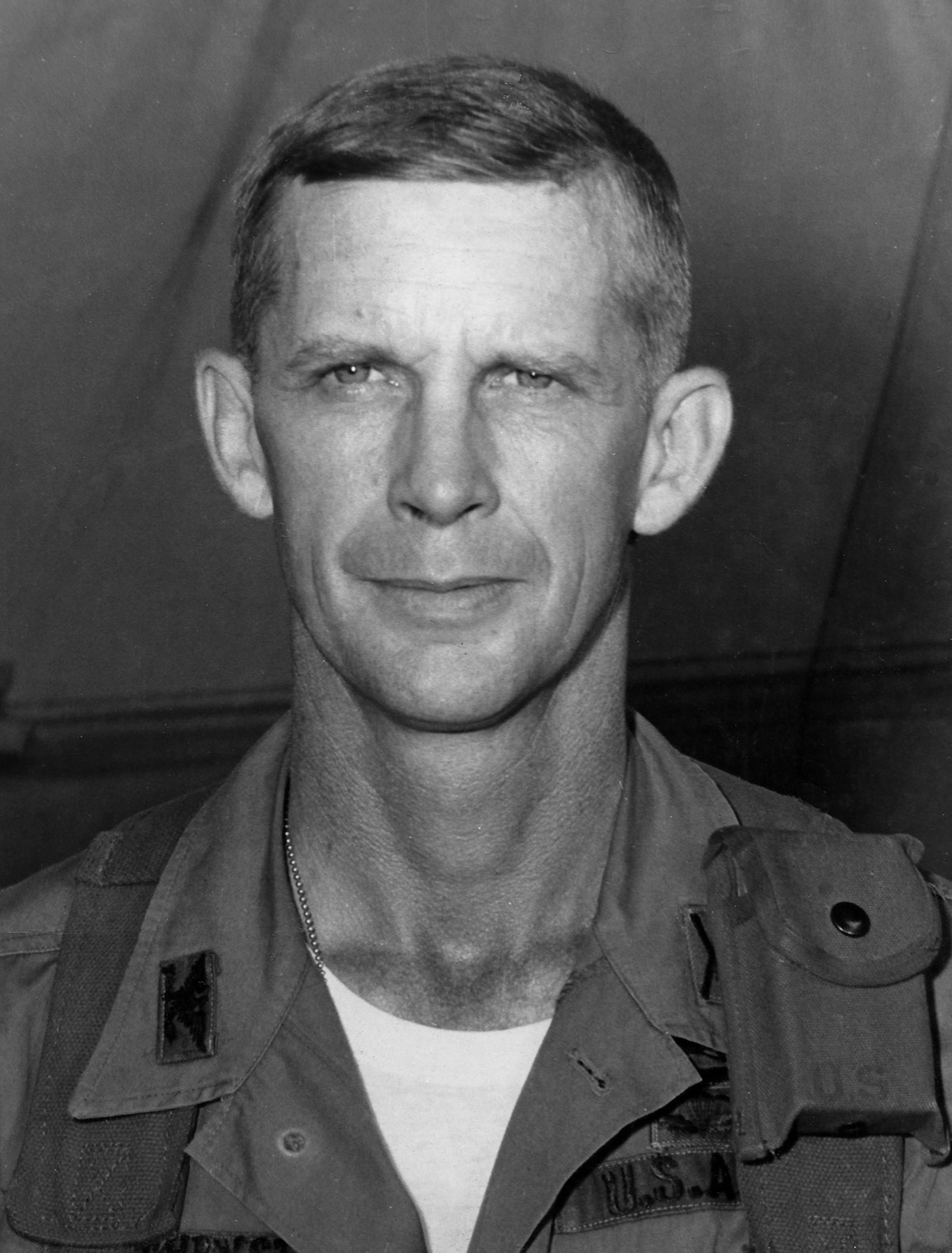
My father, thenâColonel Herbert J. McChrystal, Jr., pictured in 1968. A 1945 graduate of West Point, he went on to serve tours in Korea and Vietnam, earning four Silver Stars. He embodied for me what a leader should be. He retired as a major general in 1974, while I was a cadet at West Point.
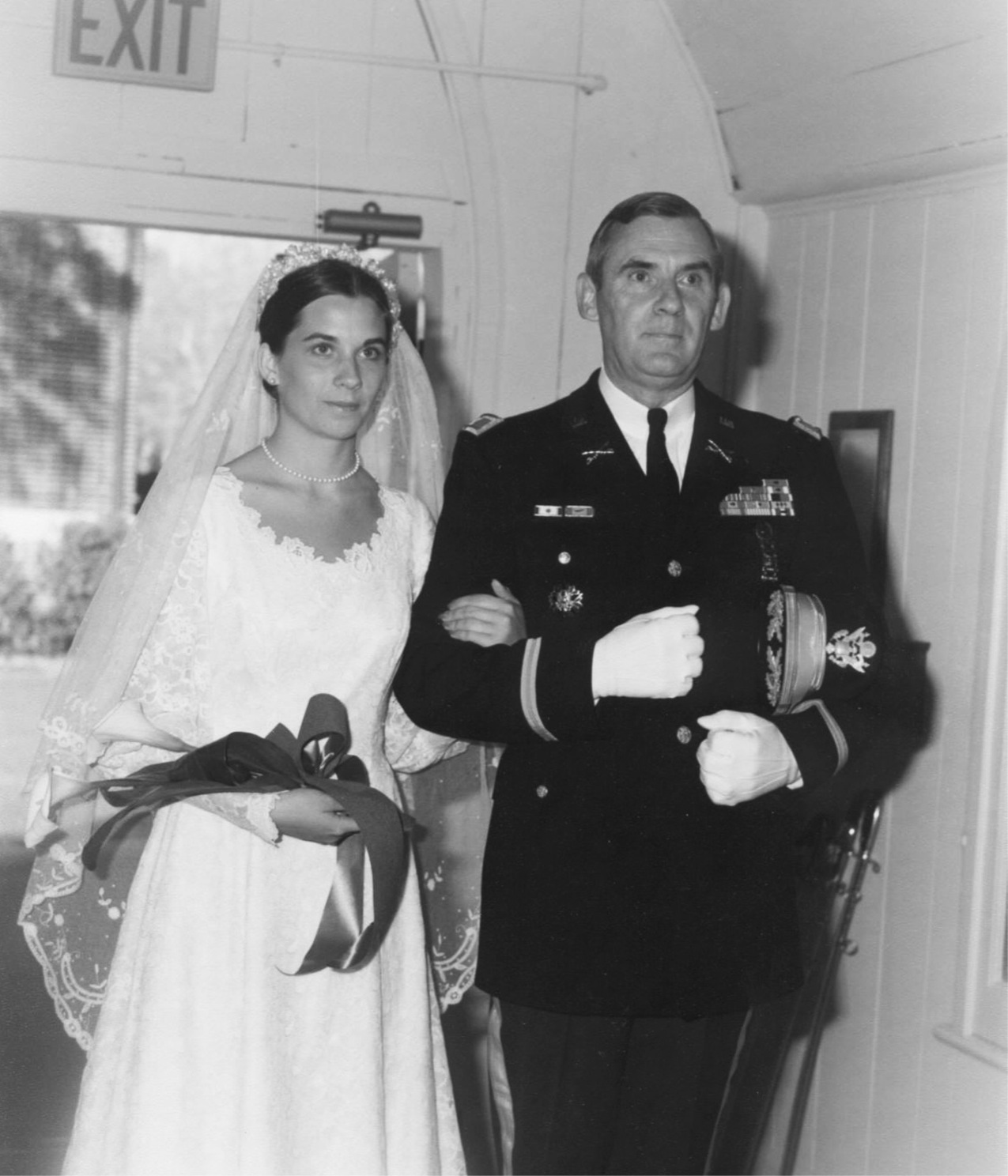
Annie entering the Chapel of the Centurion inside moated Fort Monroe, Virginia, on our wedding day, April 16, 1977. Her career-soldier father, Colonel Edward Corcoran, escorted her down the aisle.
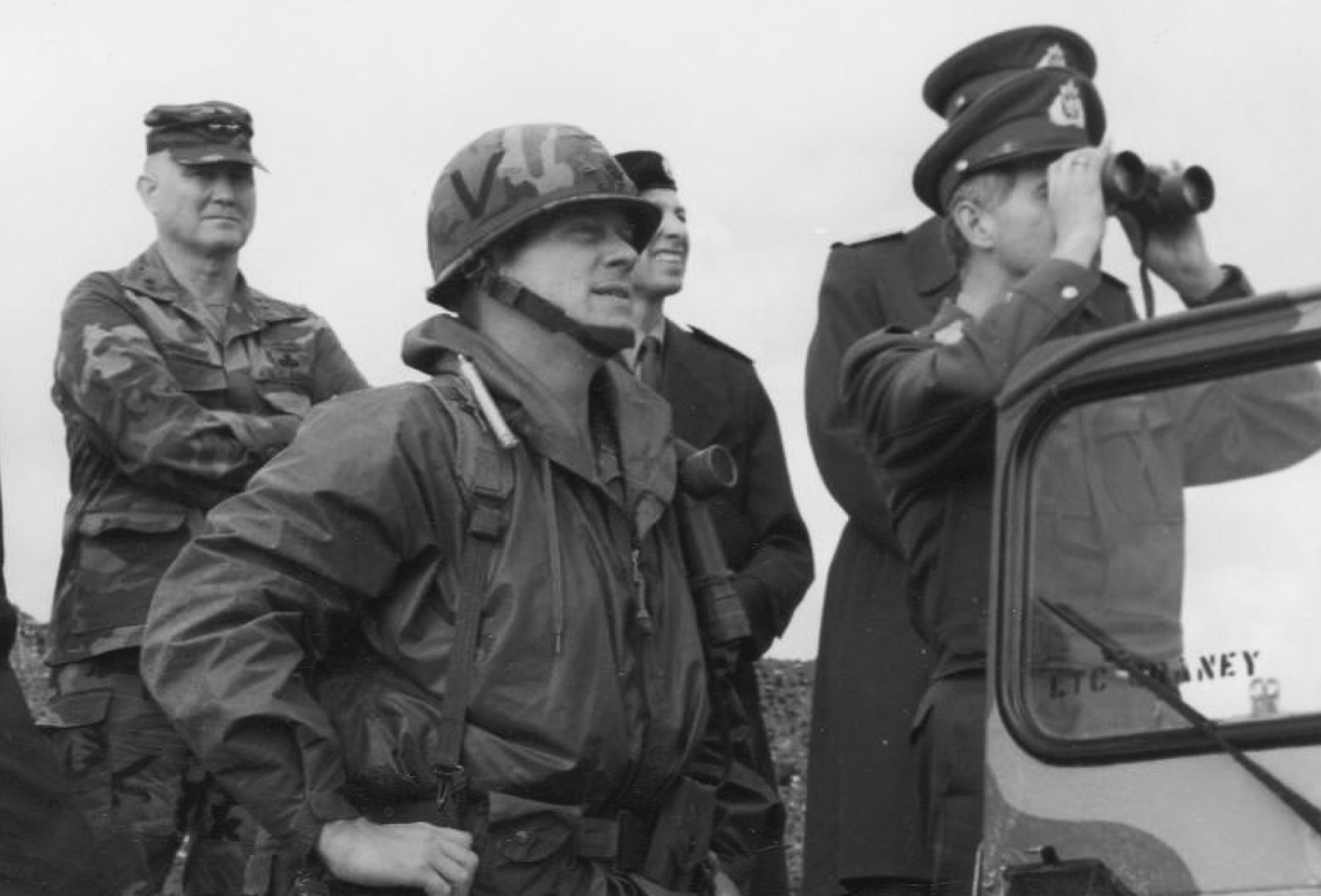
My battalion commander, thenâLieutenant Colonel Tom Graney, hosting foreign military officers as they observe our unit training on Fort Stewart in 1984. Over his right shoulder, our division commander, thenâMajor General Norman Schwarzkopf, watches. I learned an immense amount from Colonel Graney and his sometimes unconventional leadership.
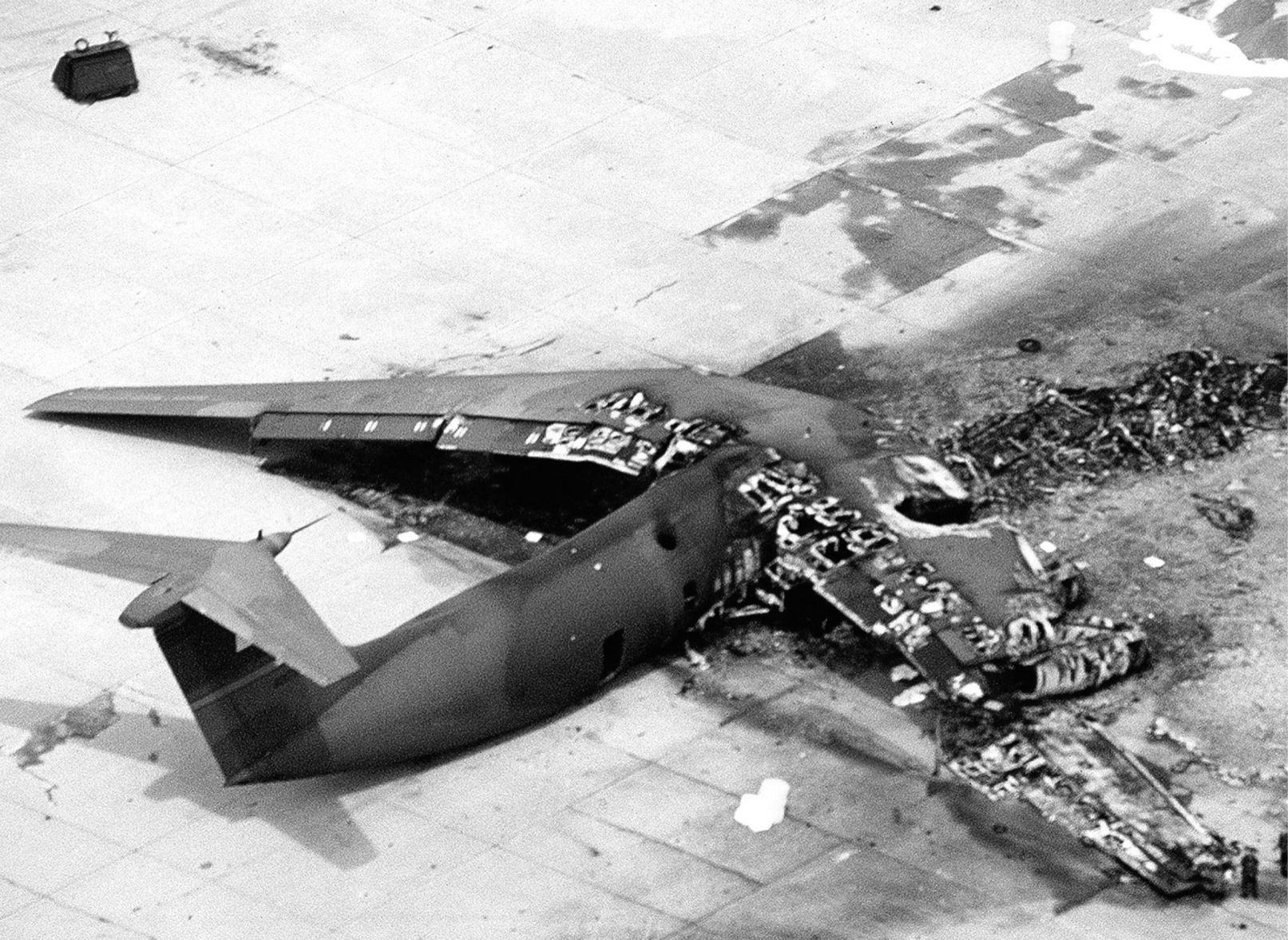
The burned-out wreckage of a C-141 at Pope Air Force Base on March 23, 1994. An F-16 Fighting Falcon collided with the C-141, which was parked at Green Ramp, a section of runway on the base. The resulting explosion killed twenty-four paratroopers and wounded more than one hundred others. Many of the dead and wounded were from my battalion, the “White Devils” of the 82nd Airborne.
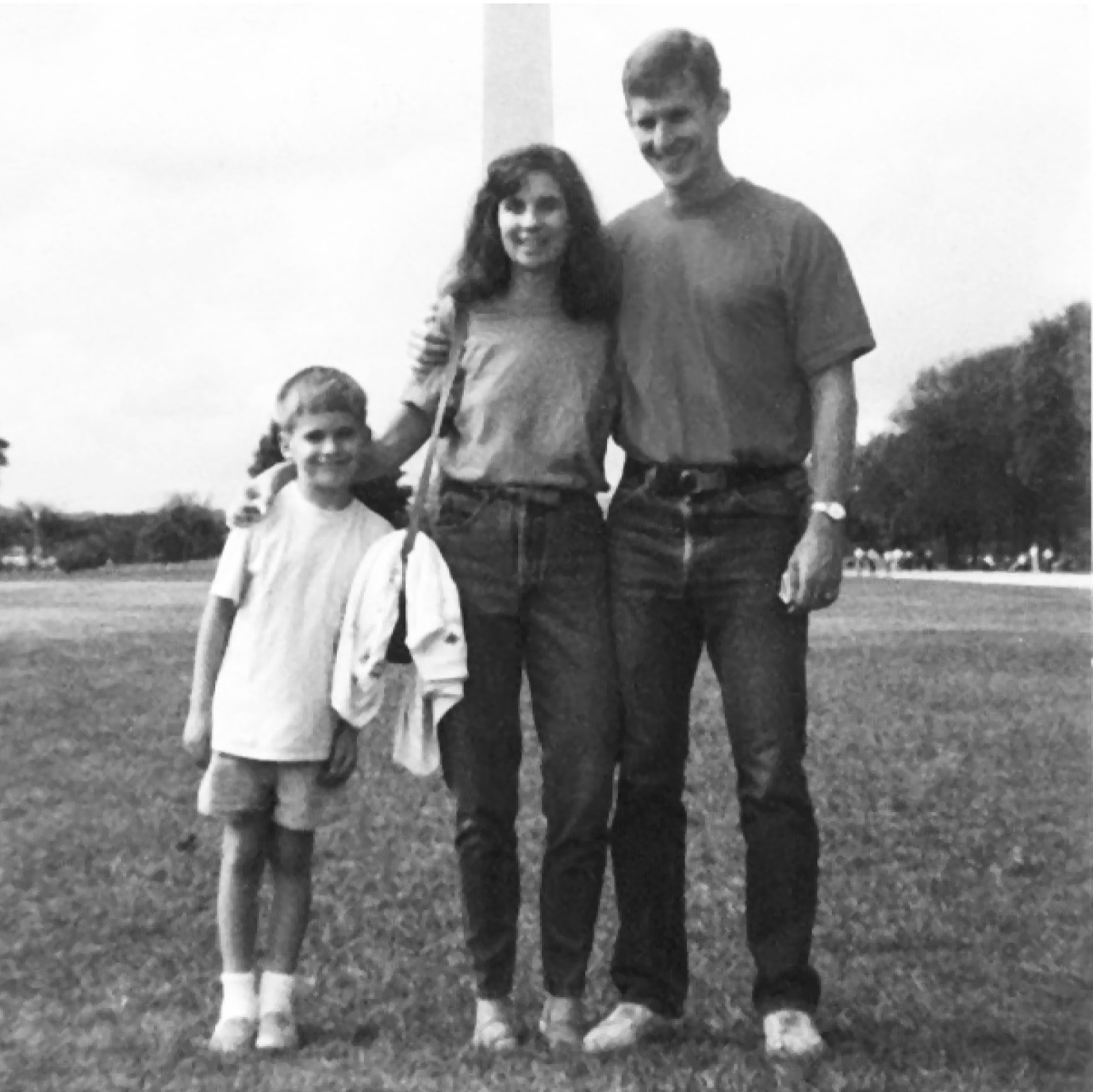
On the National Mall with my son, Sam, then seven years old, and Annie in 1991, shortly after I returned from the first Gulf War.
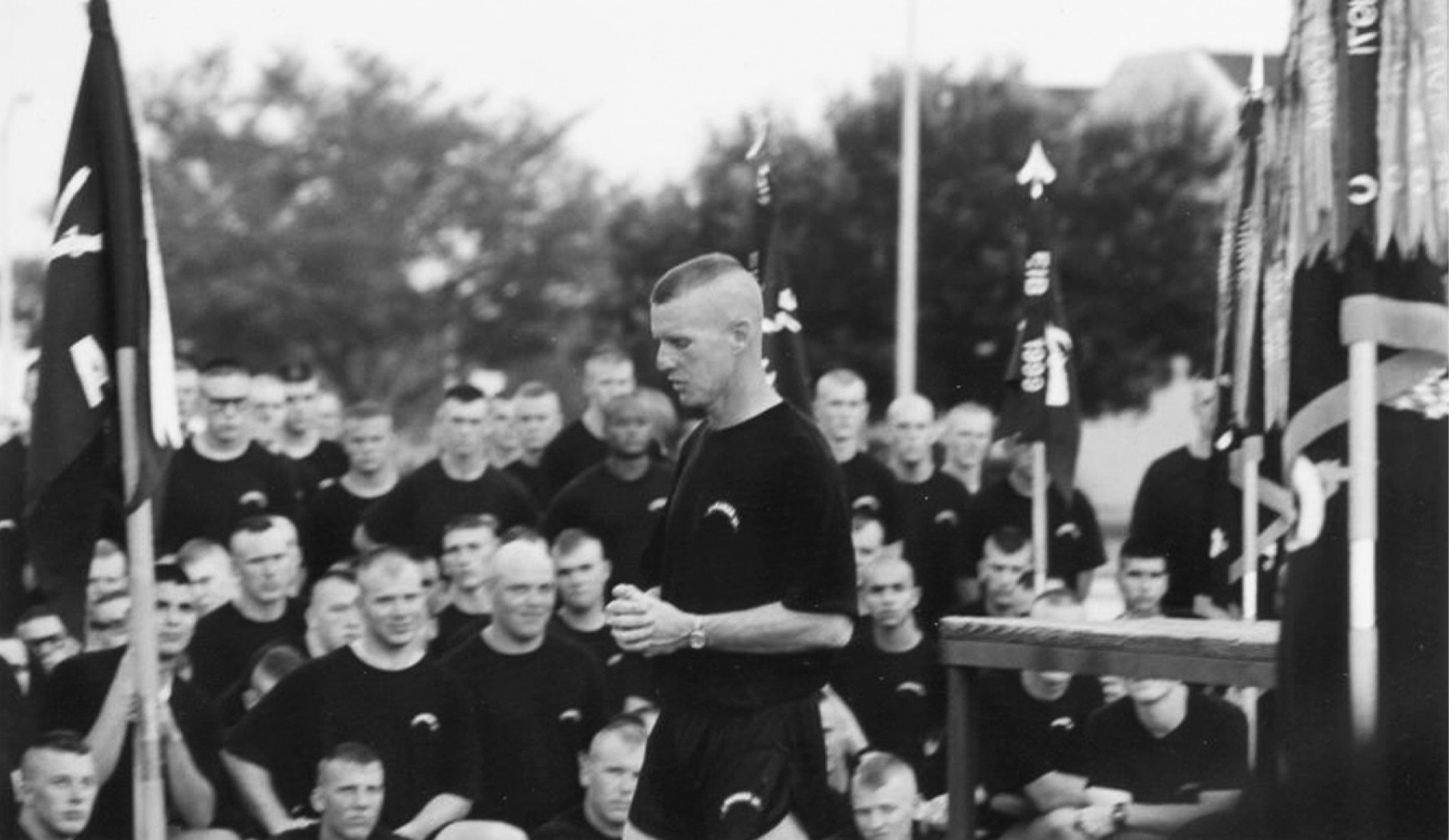
In the late summer of 1999, speaking to the men of the 75th Ranger Regiment and wearing the signature “high-and-tight” haircut after my final physical training session as the regimental commander. Following each daily physical training session, all those assembled repeated the six-stanza Ranger Creedâa daily promise to those around them to uphold Ranger standards, and never leave another Ranger behind.
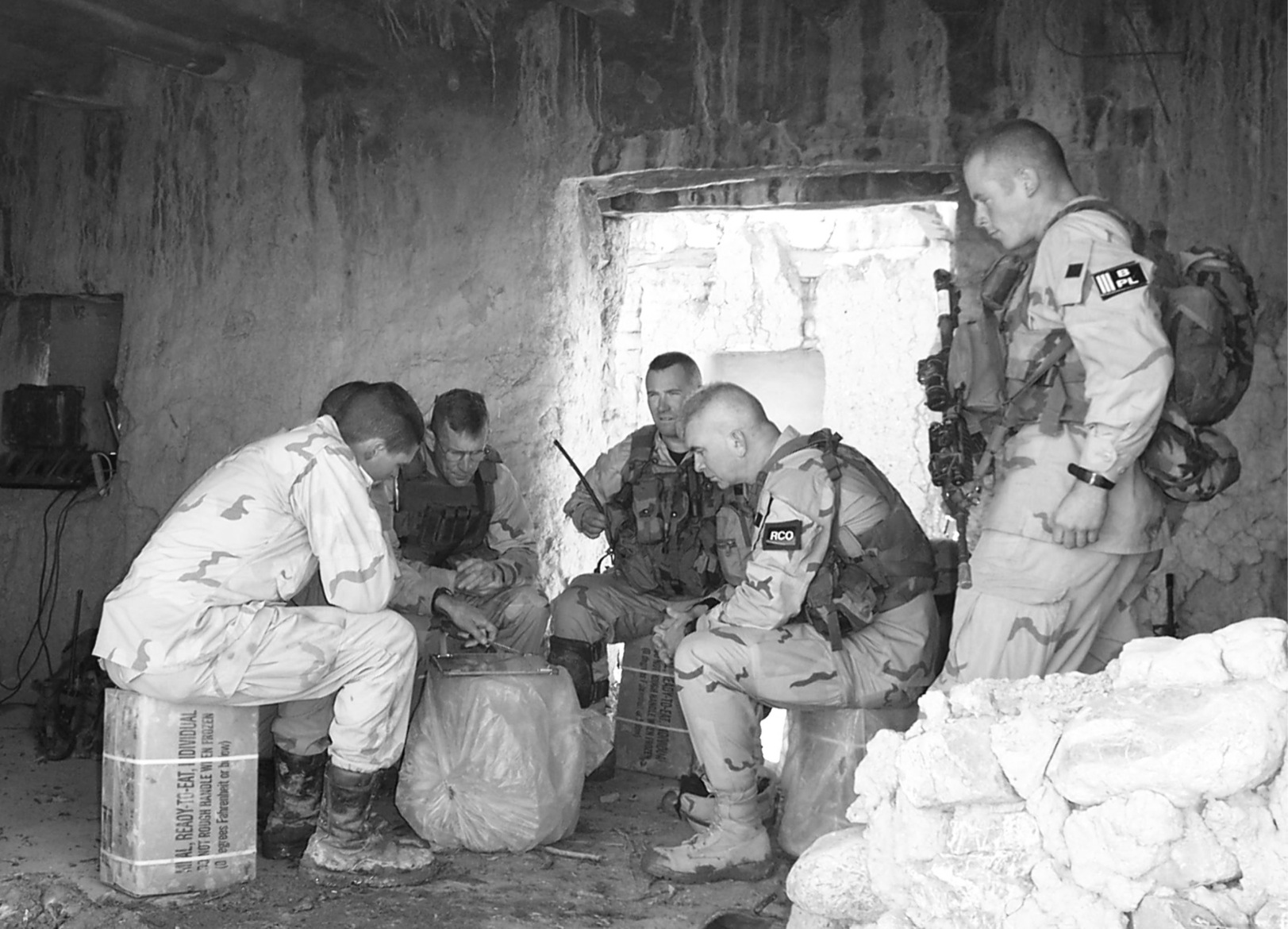
Planning in the village of Mangretay, Paktika Province, Afghanistan, in January 2004. Rangers were conducting operations a short distance from the Pakistan border. Second from right is thenâColonel Craig Nixon, the Ranger regimental commander. At the time, our fight against Al Qaeda led us to focus primarily on Afghanistan and Pakistan, but our attention soon shifted to Iraq.
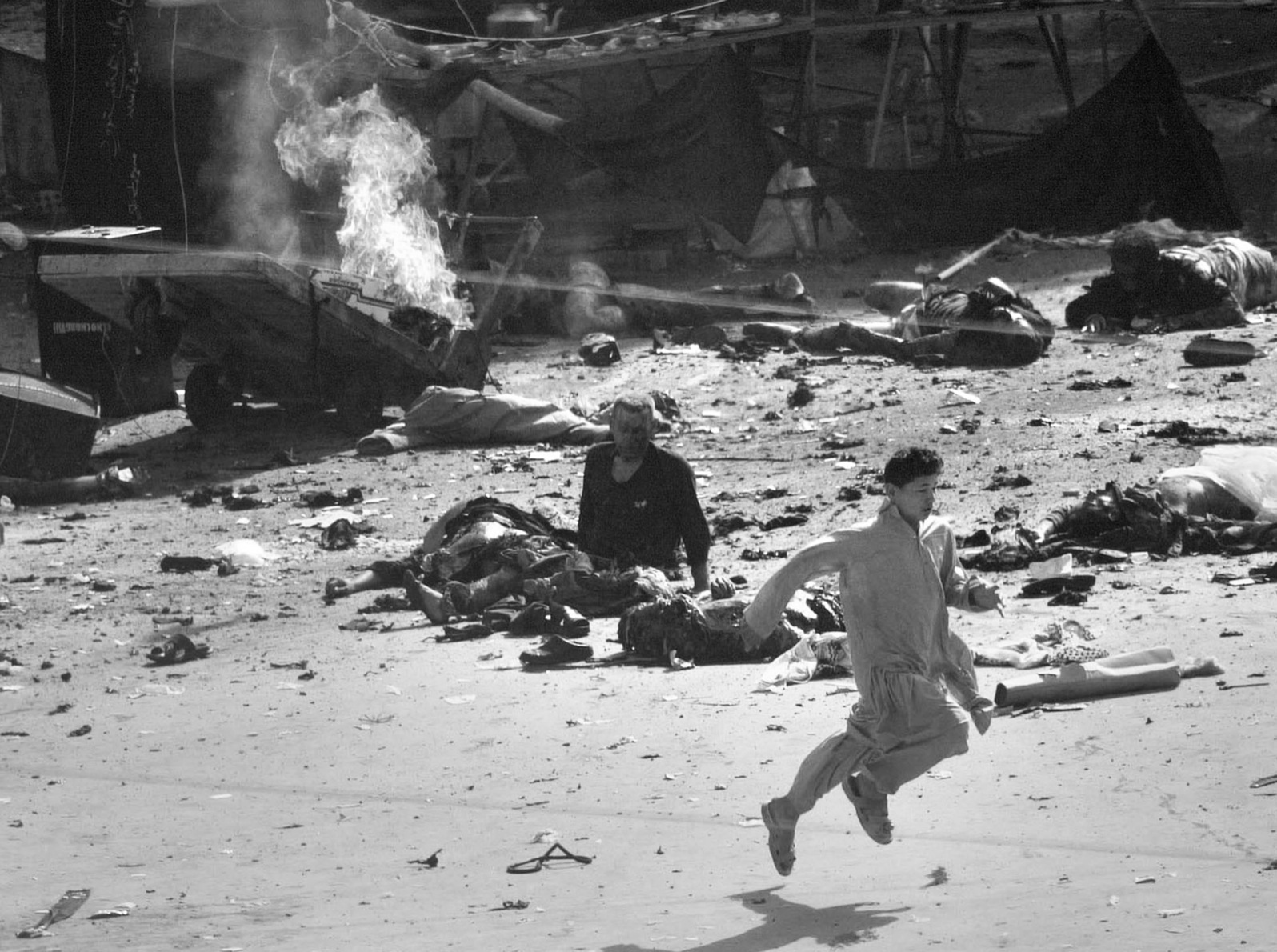
Chaos on the streets of Karbala, Iraq, on March 2, 2004, moments after bombs exploded among the thick crowds of Shiite pilgrims who had gathered for the first time in decades for the Ashura festival. Abu Musab al-Zarqawi and his group targeted the crowds in Karbala and Baghdad, leaving at least 169 dead and hundreds wounded. It was the loudest opening salvo of a vicious, persistent effort to instigate civil war between Iraqi Sunnis and Shia. That spring, our central focus quickly turned from Afghanistan to Iraq.
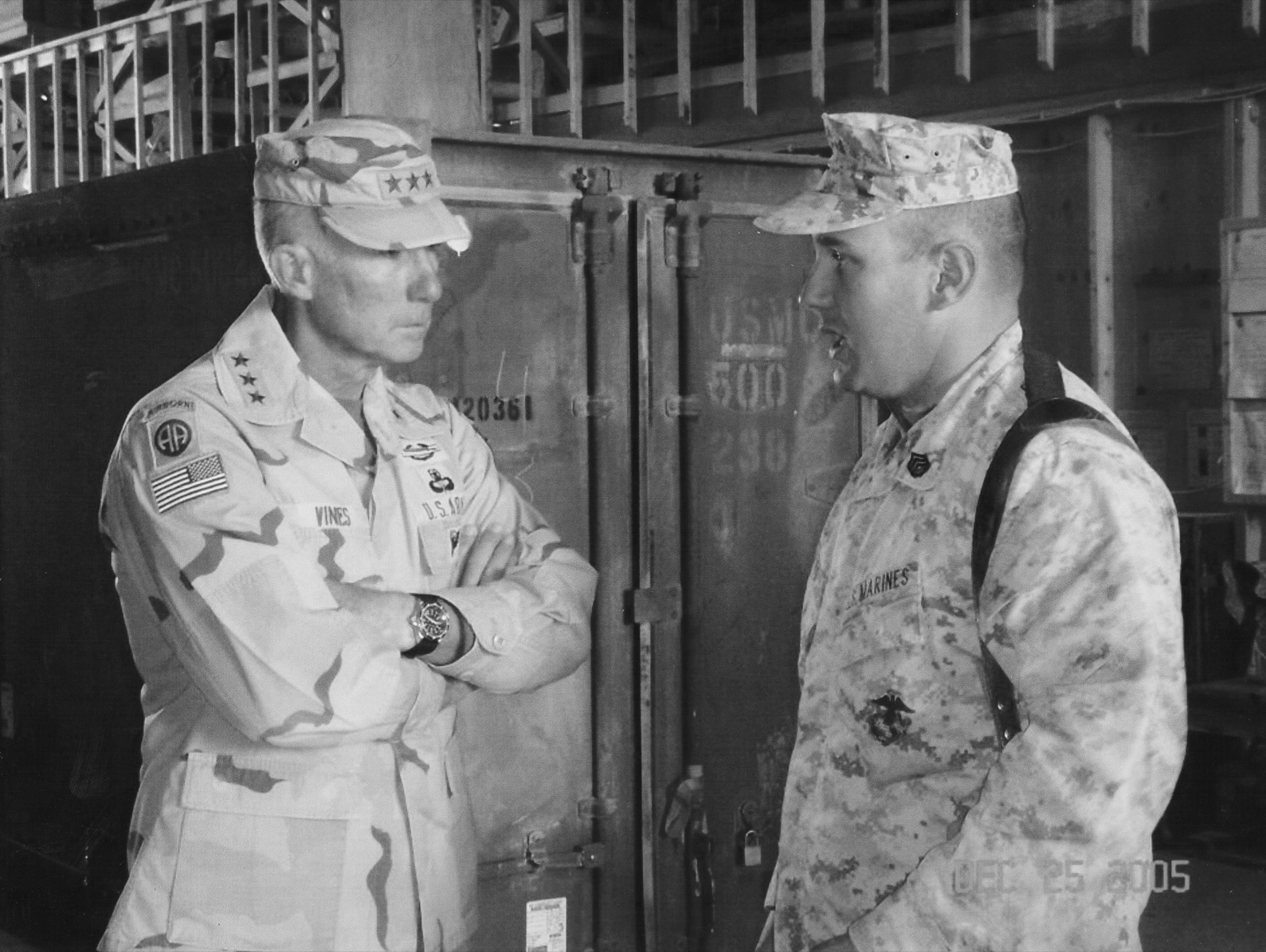
My friend and mentor Lieutenant General John Vines (left) in December 2005, when he commanded Multi-National CorpsâIraq.